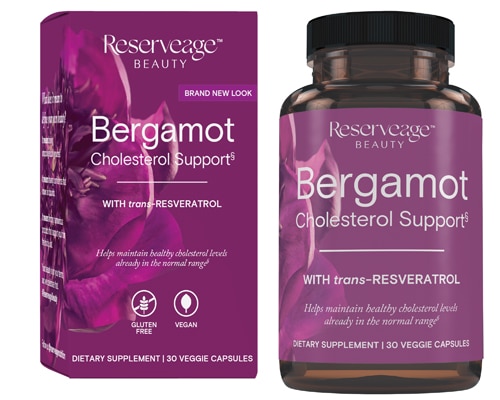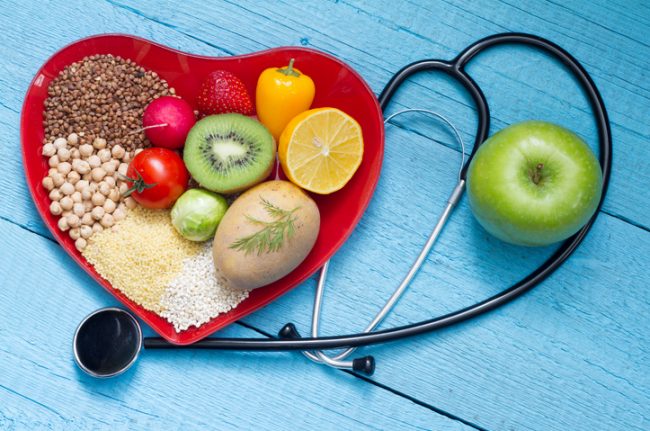Cholesterol is the ultimate double agent. On the one hand, this waxy, fat-like substance – which is found in every cell of your body – is a black-hatted villain that increases your risk for heart disease and stroke.
However, in another guise, cholesterol can be a hero, helping your body fight off these very same illnesses.
Confused? It all comes down to the fact that two types of cholesterol circulate in your bloodstream:
- Low-density lipoprotein (LDL). This form of cholesterol is the troublemaker. Often characterized as the "bad" form of cholesterol, LDL cholesterol contributes to the formation of plaque in your arteries that can lead to heart disease and stroke.
- High-density lipoprotein (HDL). In contrast, HDL actually absorbs cholesterol and sends it to the liver, where it is removed from the body. For this reason, it is often dubbed the "good" cholesterol.
So, contrary to popular belief, simply "lowering" all cholesterol in your body can be unhealthful, says Dr. Nieca Goldberg, a New York-based cardiologist and spokesperson for the American Heart Association.
"Low HDL cholesterol increases risk for heart disease," Goldberg says.
Why you need cholesterol
Cholesterol plays a vital role by helping your body make:
- Hormones
- Vitamin D
- Substances that aid food digestion
The body produces cholesterol naturally, but it also is found in some foods that you eat. These are all animal-based, and include:
- Egg yolk
- Dairy products
- Shellfish
- Meats
- Poultry
At some point, the amount of cholesterol in your body reaches a tipping point and becomes dangerous. Because high cholesterol typically produces no symptoms, it's important to visit a doctor who can take a blood sample to check your levels.
Cholesterol levels typically are given as "total cholesterol" numbers that combine your HDL, LDL and very-low-density lipoprotein (VLDL) readings. They are calculated in milligrams per deciliter and are as follows:
- High: 240 mg/dl and above
- Borderline: 200-239 mg/dl
- Desirable: Less than 200 mg/dl
Triglycerides add another wrinkle to the cholesterol equation. This type of fat appears in the blood, and the body uses it for energy. However, when combined with high LDL levels and low HDL levels, excessive levels of triglycerides pose a major health risk.
Triglyceride readings of more than 150 are elevated and increase the risk for heart attack, Goldberg says. Very high triglycerides also increase the risk for pancreatitis, which is inflammation of the pancreas.
Getting your cholesterol readings in tip-top shape
If your cholesterol readings are high, it's time to bring them down. "Diet and exercise are the foundation for lowering cholesterol," Goldberg says.
A good diet should be low in saturated fats, such as butter, lard, heavy cream and meat high in fat.
By contrast, it should be rich in good fats, such as omega-3 fatty acids – found in fish such as salmon – and monounsaturated fats such as olive oil and canola oil. Nuts – such as almonds and walnuts – are a healthy snack.
Exercise also is key. "Aerobic exercise is associated with lowering LDL cholesterol," Goldberg says. "Walking, running, cycling and dancing are some examples."
Regular activity and keeping your weight in check can help boost your levels of healthy HDL cholesterol, Goldberg says.
Finally, Goldberg says you can keep your triglyceride levels in check by cutting back on white-floured foods and sugar, and limiting alcohol to up to two drinks per day for men, and one drink for women.
Are dietary worries overblown?
In recent years, some have questioned the true role of diet as a contributor to high cholesterol levels. The federal government's most recent dietary guidelines urge Americans to keep a close eye on cholesterol intake, but no longer recommend that they limit consumption to 300 milligrams per day.
Goldberg acknowledges that most of the cholesterol measured in the blood is produced by the body naturally, and does not come from foods we ingest.
However, she disagrees with the suggestion that it's OK to ignore the role of diet plays in causing high cholesterol levels.
"I don't agree that people can go back to a diet of rich foods," she says, adding that the saturated fat you ingest increases your body's production of cholesterol. "The more saturated fat, the higher the cholesterol," she says flatly.
A combination of diet and exercise can lower LDL cholesterol readings by an average of 15 mg/dl, Goldberg says. But she cautions that lifestyle changes alone might not be sufficient to get your cholesterol in check.
"People at high risk for heart disease, already established heart disease or an isolated level of very high LDL may also need cholesterol medication to get their LDL cholesterol in a healthy range," she says.




